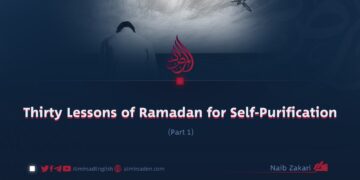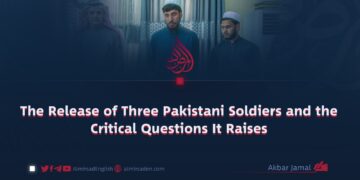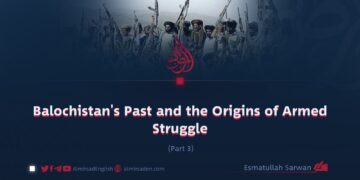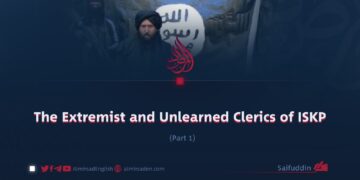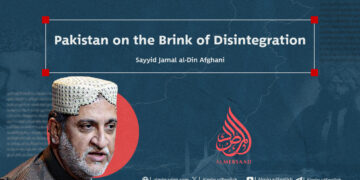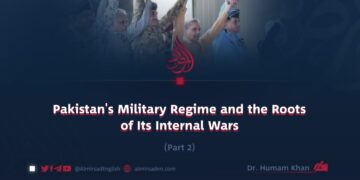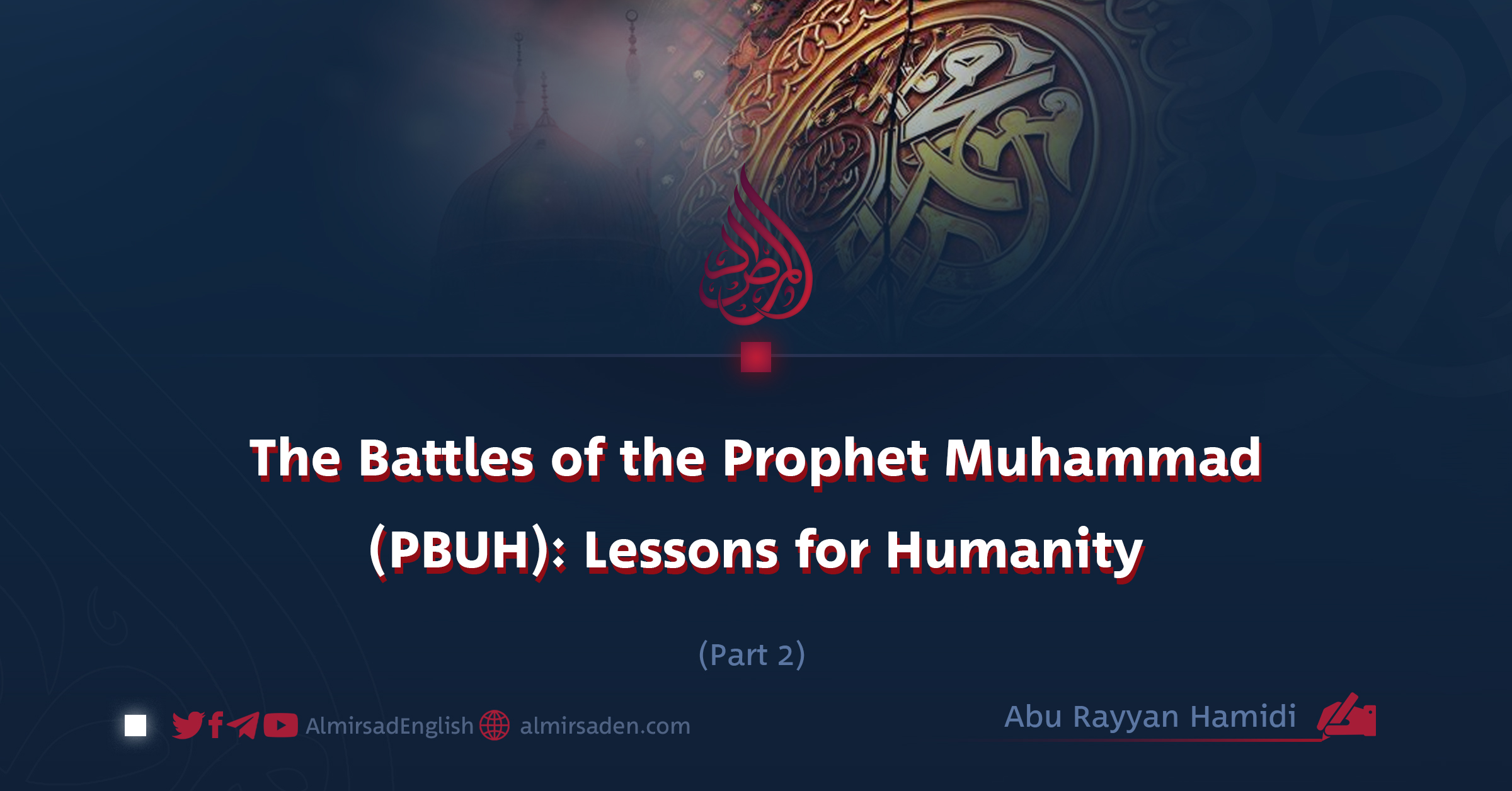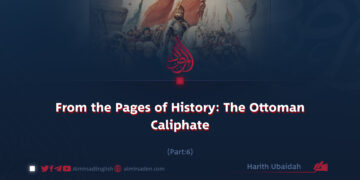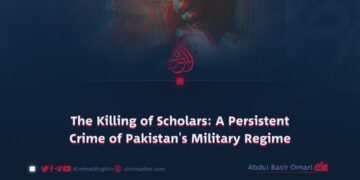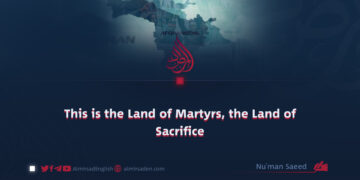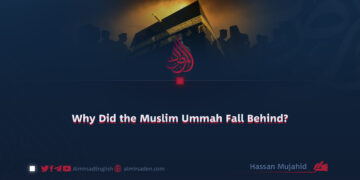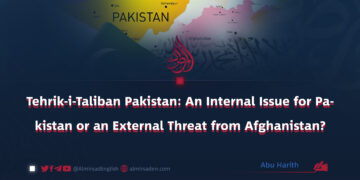Part 2
Written by: Abu Rayyan Hamidi
When the command for jihad was revealed, it set in motion a golden philosophy—one that has historically uplifted oppressed nations and compelled the enemies of Islam to experience the sting of defeat.
Scholars of Sīrah (the Prophetic biography) define a Ghazwah as a military expedition in which the Prophet Muhammad (PBUH) personally participated, regardless of whether combat occurred. In contrast, a Sarīyya or Baʿth refers to a military detachment that he did not personally join, irrespective of whether a battle took place.
The Number of Ghazwat and Ba’aths
There are differing opinions regarding the number of Ghazwat (battles). Scholars such as Musa ibn ‘Uqbah, Muhammad ibn Ishaq, Al-Wāqidī, Ibn al-Jawzī (may Allah have mercy on them), and many others state that the total number of Ghazwat is 27. Similarly, there are differing views on the number of Sariyyas and Ba’aths , with many scholars stating that the number is 38.
These Ghazwat and Sarīyyas occurred over a period of just ten years—from the Hijrah (migration to Medina) until the passing of the Prophet (PBUH). The first battle was the Battle of al-Abwāʾ (also known as Waddān), while the final battle was the Battle of Tabuk. This timeline alone highlights the Prophet’s unwavering commitment to the divine command of jihad.
Reasons for Differences in Reported Numbers
The variation in the reported number of Ghazwat and Sarīyyas stems from differences in classification. Some scholars group multiple battles together if they occurred during the same military campaign, while others count each engagement as a distinct event. These differences arise due to variations in historical methodology rather than any contradiction in the records themselves. There are other explanations as well, but this summary suffices to clarify the matter.
The First Ghazwah: The Battle of al-Abwāʾ (Waddān)
Al-Abwāʾ or al-Waddān are names of locations. This was the first Ghazwah in which the Prophet (PBUH) personally participated, along with approximately 70 Muhājir (emigrant) companions. This battle took place in the month of Safar, in the second year after the Hijrah. However, no actual combat occurred during this expedition.
The primary objective of the Muslims was to intercept a Quraysh caravan returning from Syria to Mecca. The caravan belonged to the tribe of Banu Damrah, situated along the strategic route between Mecca and Medina. When the Muslim army reached Waddan, the caravan had already passed, evading capture. Rather than engaging in hostilities, the Banu Damrah tribe chose to establish a peace treaty with the Muslims.
Key Terms of the Treaty:
1. Banu Damrah would not fight against the Muslims.
2. They would not assist the enemies of the Muslims.
3. They would provide assistance to the Muslims when needed.
4. As long as they upheld their commitments, the Muslims would support them. However, if they broke their pledge, the Muslims would no longer be obligated to assist them.
The Ghazwah lasted for 15 days outside Medina. During this time, the Prophet (PBUH) appointed Sa‘d ibn ‘Ubadah (RA) to oversee the affairs of Medina in his absence.
Lessons Derived from the Battle of al-Abwāʾ (Waddān)
1. The Prophet (PBUH) as a Military Leader
The Prophet (PBUH) was not only a preacher of the Quran and Sharia but also a skilled military commander and tactician, well-versed in the art of war. He possessed profound insight into the dynamics of warfare and ensured that every campaign was meticulously planned to achieve the desired outcome.
The Banu Damrah tribe held a strategic position on the route between Mecca and Medina, which the Quraysh could have exploited. Recognizing this, the Prophet (PBUH) made a peace treaty with them to prevent their potential support for the Quraysh in future conflicts.
2. The Legitimacy of Political Treaties with Non-Muslims
The Prophet’s (PBUH) approach in this Ghazwah highlights the permissibility of making treaties with non-Muslims when deemed necessary. If a Muslim ruler deems such a treaty to be in the best interest of the Muslims and to prevent current or future harm, it is permissible in Sharia. Throughout his life, the Prophet (PBUH) demonstrated this pragmatic approach on multiple occasions.
However, the position of the Muslims in such treaties must be clear, and the collective interest of all Muslims must be considered in formulating such agreements.













